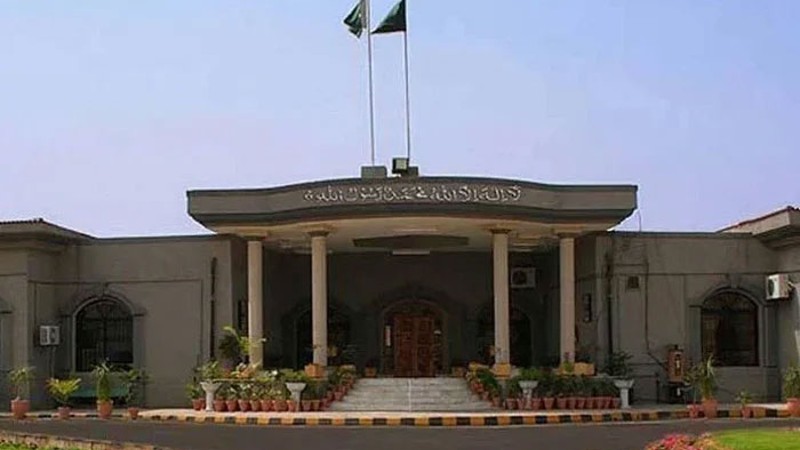By Staff Reporter
ISLAMABAD: Five judges from the Islamabad High Court (IHC) have launched a legal challenge against a Supreme Court decision upholding the transfer of three judges from provincial high courts to the federal capital, arguing that it misinterprets the Constitution and threatens judicial independence.
The appeal, filed Saturday, comes just days before the Judicial Commission of Pakistan (JCP) meets on July 1 to appoint chief justices to at least three high courts. It intensifies a growing dispute over the balance of power within Pakistan’s judiciary and the executive’s influence over judicial transfers.
On June 19, the Supreme Court’s Constitutional Bench, in a 3-2 decision, ruled that transferring Justices Sardar Muhammad Sarfraz Dogar, Khadim Hussain Soomro, and Muhammad Asif from the high courts of Punjab, Sindh, and Balochistan to the IHC was constitutional.
The court directed the president to determine the judges’ seniority based on their service records, leaving unclear whether the moves were permanent or temporary.
The five IHC judges, Justices Mohsin Akhtar Kayani, Tariq Mehmood Jahangiri, Babar Sattar, Sardar Ijaz Ishaq Khan, and Saman Rafat Imtiaz, filed the appeal with representation from senior lawyers Muneer A. Malik and Salahuddin Ahmed. They urge the Supreme Court to reverse the ruling “in the interest of justice.”
At issue is Article 200 of Pakistan’s Constitution, which governs judge transfers between high courts. The IHC judges contend that the Supreme Court wrongly interpreted the provision to permit permanent transfers, despite no such wording in the text. They argue it allows only temporary, time-bound shifts.
“The June 19 order impermissibly reads in ‘permanent’ in Article 200(1) and (2) of the Constitution when no such language was contained in the provision,” the appeal states. It accuses the bench of misinterpreting the article by focusing narrowly on sub-article (1) and ignoring its broader intent.
The judges also cite Article 175A, which gives the JCP authority over judicial appointments. They warn that the ruling weakens the JCP’s role and hands the executive, via the president, excessive control over transfers. “The independence of judiciary does not allow bestowing onto the executive a much more expansive power than what the text of Article 200 and the foundational principles of constitutional law can bear,” the appeal asserts.
Pending a final ruling, the IHC judges seek interim relief, asking the Supreme Court to block the three transferred judges from serving on the IHC until they take fresh oaths under Article 194. The urgency is heightened by Justice Dogar’s current role as the IHC’s acting chief justice.
The appeal notes that the Islamabad High Court Act of 2010 permits appointing judges from other provinces but omits any mention of transfers. The judges argue this bolsters their stance that the Constitution bars permanent reassignments to the IHC.
The case also touches on federalism and provincial autonomy. The appeal cautions that letting the executive permanently transfer judges could erode provinces’ authority to fill judicial vacancies, a right embedded in Pakistan’s constitutional framework. “The concept of federalism also mandates that the provincial authority’s role in the permanent filling of vacancies of judges must not be usurped,” it states.
In its June 19 decision, the Supreme Court defended the president’s powers under Article 200, arguing that transfers differ from appointments and don’t require JCP involvement. The court dismissed claims that vacant IHC posts should have triggered fresh JCP appointments rather than transfers.
Copyright © 2021 Independent Pakistan | All rights reserved




